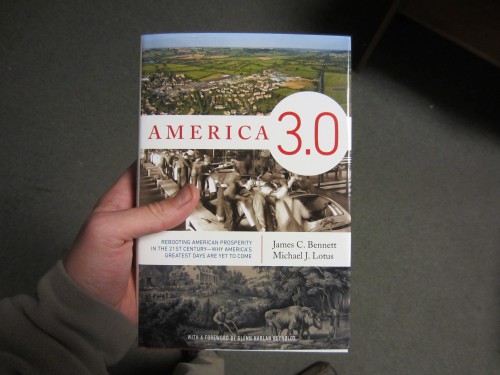The most famous want-ad in the history of the Wild West appeared in a California newspaper in 1860: “Wanted. Young, skinny, wiry fellows not over 18. Must be expert riders, willing to risk death daily. Orphans preferred.”
What restless, fit and daring male teenager could resist? Besides considerable prestige, the Pony Express job paid north of $100 a month, or more depending – a higher rate of pay than for all but those at an executive-level for the transcontinental freighting company of Russell, Majors & Waddell. The Pony Express service was initiated partly as a stunt to attract public attention and partly for a deadly serious purpose; to fill in the communications gap between the established United States (Northern Division) and the outposts in the Far West – California, Oregon, Nevada and Utah – as a transcontinental telegraph line was being surveyed and constructed. The riders carried nothing valuable in their mochilas; only the mail, and newspaper dispatches; they depended for their safety on the speed of their horses, and perhaps a pair of Navy Colt revolvers in saddle holsters. Company policy was that riders would not engage in careless gunplay. Indeed, their horses – many of them pedigreed and in superlative condition – and those revolvers were the only items tempting the larcenous to even consider attacking a Pony Express rider.
The riders eventually hired did tend to be young; one began work at the age of eleven, and they did tend to be light of build physically. There was no uniform dress provided, although the straight-arrow member of their employer triad, Alexander Majors, did insist on them swearing an oath of teetotality, and also to abjure swearing and fighting with other employees. It was a prestigious thing, to be a rider for the Pony Express; both ‘Wild Bill’ Hickok and ‘Buffalo Bill’ William Cody later claimed to have been Pony Express riders. Hickok was a stage station employee of Russell, Majors and Waddell, and William Cody was a messenger, but neither of them were on strength as transcontinental express riders during the brief glory year of the Pony Express. The riders gained fame for spectacular feats of endurance; one of them was English-born Robert “Pony Bob” Haslam. He participated in the record-breaking feat of transmitting the written copy of Lincoln’s first inaugural address from St. Joseph, Missouri to Sacramento, California in seven days and seventeen hours. But that wasn’t Pony Bob’s most hazardous drive.

